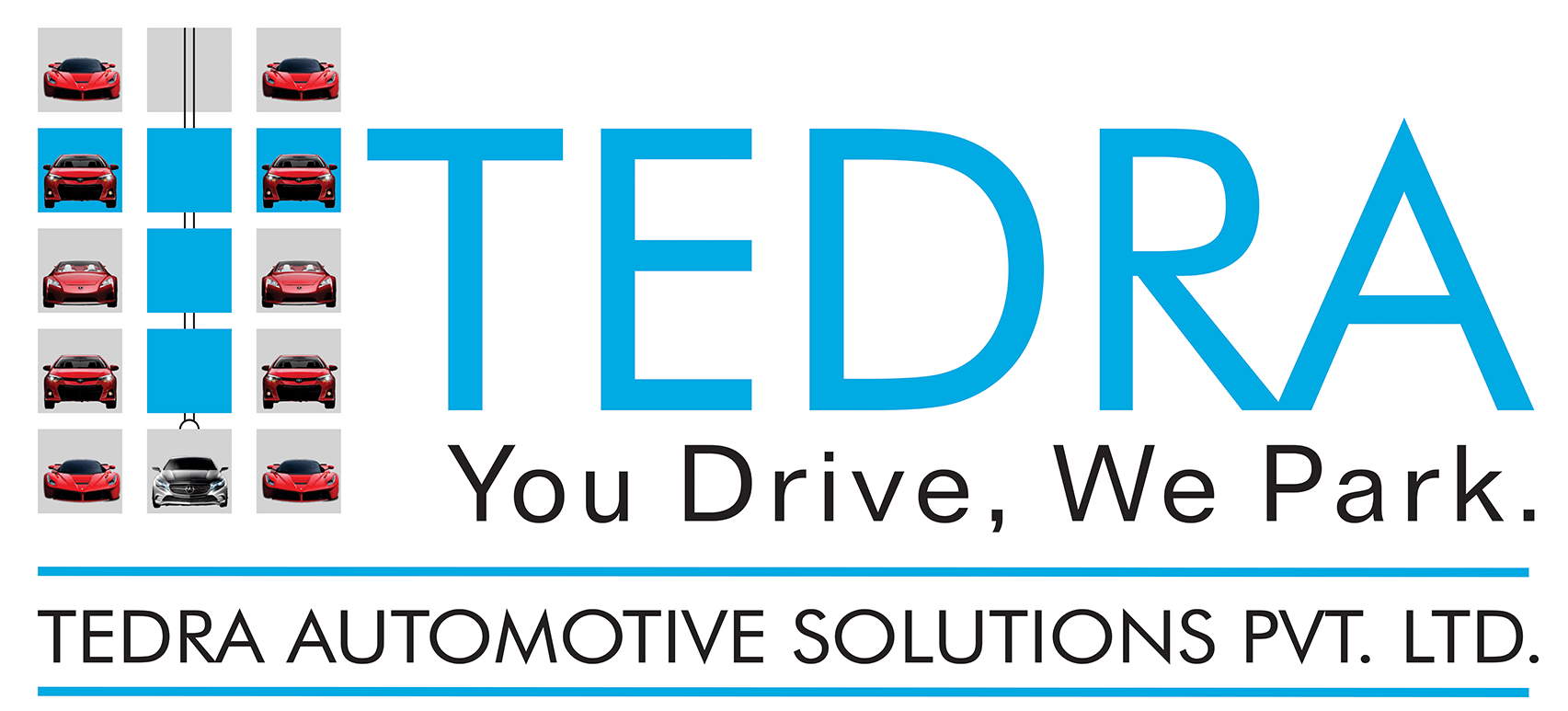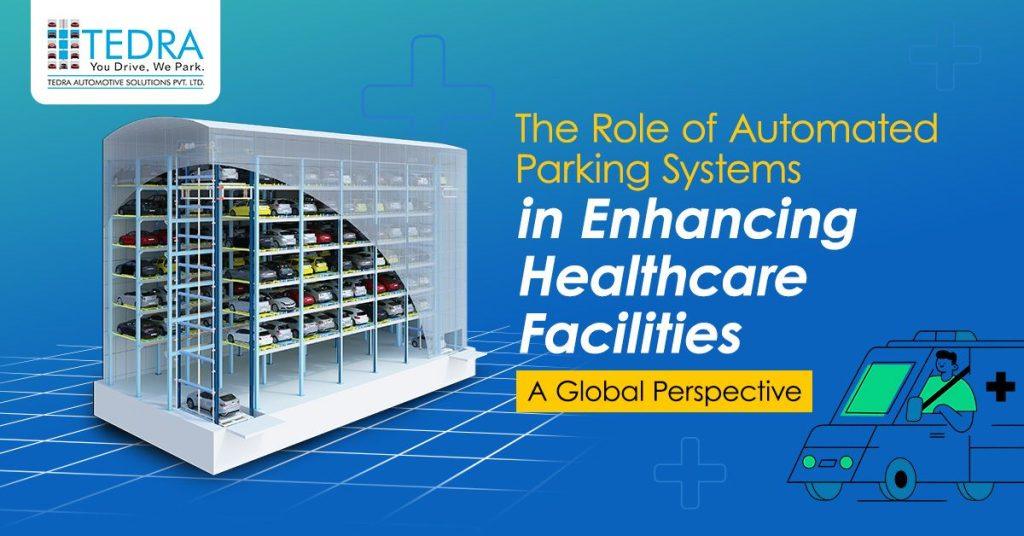The Role of Automated Parking Systems in Enhancing Healthcare Facilities: A Global Perspective
A Global View of Automated Parking Systems’ Contribution to Improving Healthcare Facilities The problems underlined in the blog about parking at healthcare institutions in Pune are not particular to this urban hub. All throughout the world, hospitals and medical centers in busy metropolitan locations struggle with the same problems of space limitations, patient and visitor stress, security challenges, environmental impact, and the requirement for effective emergency access. Their use is catching on all over since Automated Parking Systems (APS) provide an interesting answer to these common issues. Here is a glance at the world scene and statistics backing the claims made in the blog: Maximizing Space Efficiency: Urbanization worldwide: By 2050, the United Nations projects around 70% of the world’s population will live in urban settings, hence aggravating land constraint and the demand for space-saving technologies such as APS. In the same space as conventional parking, APS can park far more automobiles. Research indicates that, as compared to traditional layouts, APS can boost parking capacity by as much as 40 to 50%. By using vertical stacking and automated movement, APS reduces the large land area needed for surface parking, therefore freeing up precious space for core healthcare services, particularly in space-limited urban areas worldwide. Improving Visitor and Patient Experience: Parking Guidance Systems (PGS) combined with APS, usually using real-time occupancy data shown on LED screens or mobile apps, can cut the time spent looking for parking by as much as 63%. This directly benefits the stress levels of visitors and patients coming at healthcare institutions all over. Features like pre-booking parking spaces via online or mobile platforms, as offered by some APS, assure availability, hence lowering worry and delays for persons seeking medical care worldwide. Automated vehicle retrieval reduces departure wait times, hence helping to create a more efficient total experience for patients and visitors in healthcare institutions all around. Enhancing Security and Safety: Automating the parking procedure helps APS to lower the likelihood of accidents inside parking structures, a frequent worry in conventional parking lots all around. Integration with access control systems and CCTV cameras offers a higher degree of protection for parked cars, therefore reducing the possibility of theft and vandalism in parking areas of healthcare facilities all around. Automated systems can limit unauthorized access to parking areas, hence guaranteeing the availability of spaces for patients, visitors, and staff, a vital component of security in healthcare environments all around. Minimizing Environmental Impact: Studies show that smart parking systems, including APS, can greatly lower vehicle emissions by reducing the time drivers spend circling to find parking. This helps to enhance air quality around healthcare facilities in urban places all around. Less idling and driving inside parking zones results in lower fuel use for APS users at healthcare facilities all around. Integration of EVs: Including EV charging stations into APS fits with worldwide sustainability initiatives and encourages hospital personnel and tourists to drive electric cars. Simplifying Emergency Access: Priority Access: A key feature for healthcare facilities worldwide, APS can be set to give emergency vehicles instant access, so guaranteeing that parking congestion does not impede important response times. Efficient Traffic Flow: Automating the parking of non-emergency cars helps APS keep smoother traffic flow around healthcare facilities, hence enabling faster access for ambulances and other emergency services all around. Assisting Smart Healthcare Infrastructure: APS fitted with IoT sensors offers useful real-time data on parking availability and utilization trends, hence improving hospital resource allocation and facility management all around. Digital payment methods and automated invoicing systems help to lower the administrative burden for parking administration in healthcare institutions all over by means of convenience. Cloud-based management tools let APS be remotely monitored and controlled, hence increasing operational efficiency for administrators of healthcare facilities all around. Long-Term Cost-Effectiveness: Reducing the requirement for large land purchases for parking means notable cost savings for healthcare providers, particularly in high-value urban regions worldwide. Automated systems cut the requirement for human parking attendants, hence reducing labor expenses related to conventional parking administration in healthcare institutions all over. APS can help to save insurance costs and liabilities connected to parking operations in healthcare environments worldwide by reducing accidents and security breaches. Adoption and Global Market Trends: Growing at a CAGR of 22.5% between 2025 and 2034, the worldwide automated parking system market is projected to reach USD 25.1 Billion by 2034. Although particular statistics on APS adoption rates in the healthcare industry worldwide are still developing, the growing demand for efficient parking solutions in urban hospitals is a major motivator for this expansion. Driven by smart city projects and the growing need for space-saving parking solutions in densely populated areas, North America and Europe are now leading the industry in regional adoption. Rapid urbanization and rising car ownership are driving notable growth throughout Asia Pacific, particularly India, among other areas as well. Presently, the commercial sector—including hospitals—dominates the APS market as it urgently requires efficient parking management in high-traffic areas. Conclusion: Global trends and data back up the advantages of Automated Parking Systems in improving healthcare institutions, as underlined in the blog. APS provides a complete answer to the parking issues hospitals all around confront, from maximizing space efficiency and enhancing patient experience to increasing safety and supporting sustainability. The implementation of tailored APS solutions, such as those provided by Tedra Automotive Solution Pvt Ltd, will help to produce smooth and stress-free experiences for patients, visitors, and staff in healthcare facilities all around as urban populations continue to rise and the need for efficient healthcare infrastructure grows.



